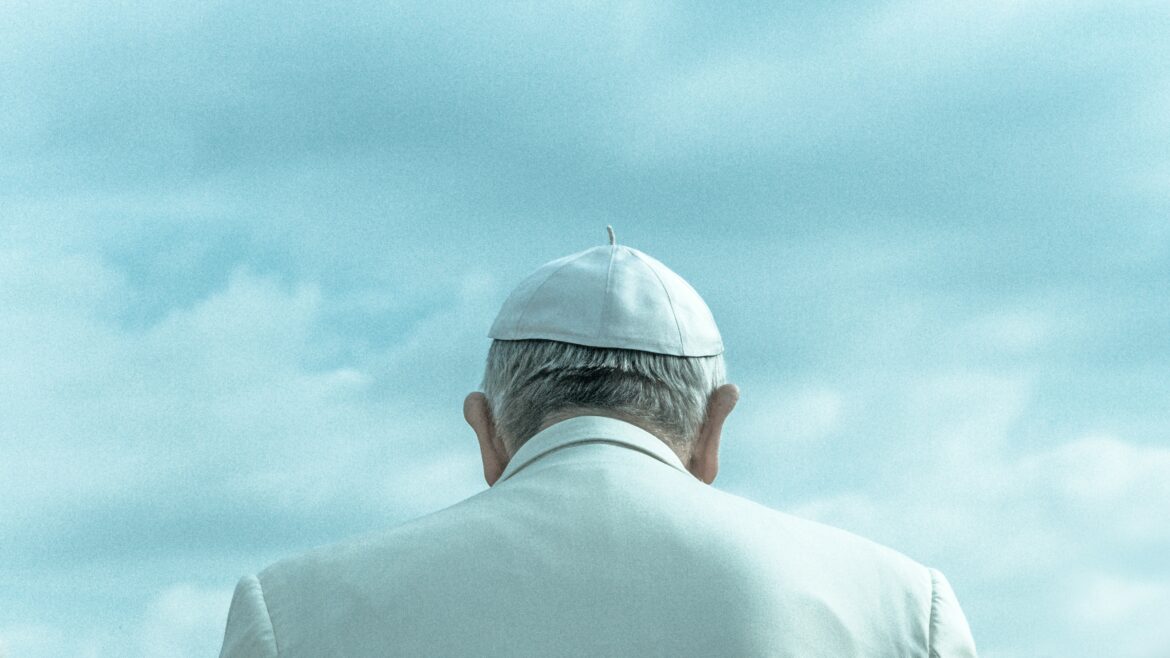In early February, Pope Francis ended his tour of two fragile African nations: South Sudan and the Democratic Republic of the Congo (DRC). He met with various leaders and other groups, making speeches to citizens, reaching — at times— crowds nearing the millions. Unlike some of the Pope’s past trips, this tour was a resounding success regarding church outreach and revitalization of spirits in the two predominantly-catholic nations.
The Pope began in the DRC, visiting the nation’s capital of Kinshasa. He held a massive speech for crowds of church youth and educators, had private meetings with survivors of bloodshed, and held an open-air mass to over a million people. While he was unable to visit the east of the nation as planned due to spikes in violent activity, the depth and breadth of his outreach in Kinshasa proved a success on the whole.
His speeches addressed the nation’s decades of bloody fighting, labelling the deaths of hundreds of millions a “forgotten genocide,” calling for an end to violence and corruption while urging national unity in the future. He also called out the continuous economic exploitation of the DRC’s natural resources, condemning the foreign involvement that continues to hold the nation back. His goal ultimately is to bring international attention to the horrors faced by the Congolese people and their ongoing struggles, both internally and externally.
In South Sudan, the Pope’s focus was on addressing the new nation’s future after years of civil war, famine and natural disasters have marked the first decade since its birth. He entered the capital of Juba alongside the archbishop of Canterbury, the symbolic head of the global Anglican Communion, Justin Welby, and the leader of the Church of Scotland, Iain Greenshields. The four held a collective prayer for thousands of citizens and met with hundreds of people internally displaced by flooding.
However, the Pope was harsher in his words toward the nation’s leaders, President Salva Kiir, and his bitter rival, Riek Machar, strongly condemning the divided leadership between the two and their inability to reconcile and find peace. He also called to attention the continuous corruption faced by the nation — often ranking first internationally — proclaiming that they “pollute the riverbed of human society;” and “divert resources from the very things most needed.”
As is to be expected, in nations where many citizens feel that their leaders and institutions have failed them, the Pope and the church can fill a gap for citizens seeking a source of hope and legitimacy. This most recent trip shows the extent to which his words and presence are such a comfort for millions. Recent statistics have also shown that the African continent is where the Catholic population is growing the fastest, increasing by 8.3 million in 2021, compared to a decreasing membership across the European continent. Therefore, it makes sense for the Pope to continue to focus further on developing nations where he can have the most positive influence.
Furthermore, the Pope’s rhetoric and attitudes reflect his fairly progressive papacy, much in line with his other recent actions, such as his condemnation of the Canadian residential schools, or his denouncement of homophobic laws across various nations. While the Pope, as a symbolic figure, carries with him the weight of the Catholic church’s history, he has made clear distinctions between his Evangelism and the colonialism of Catholic missions. These recent speeches reflect a papacy less concerned with religious moralizations and more concerned with broad positive change. Given that one of his main criticisms throughout the tour was against continued foreign exploitation, a more positive wave of Catholic influence is at least possible.
However, the most pressing question that emerges from this trip is what tangible changes will come from his words. Many who heard his speeches felt motivated by promises of a fresh start and expressed a hope that his visit will be the catalyst for real transformations and peace. Yet history speaks otherwise — long term changes have rarely emerged from Papal tours. For example, past studies in the United States have shown that while the Pope is indeed powerful in changing the attitudes of the masses, the long-term impact of his visits — labelled the “Francis Effect” — ultimately fizzle out. Furthermore, a similar tour made eight years ago in Kenya, Uganda and Central African Republic, shows that even after rousing speeches, the question of “what comes next” was left hanging in the air. Some changes were made, such as resolving conflicts between Muslims and Christians in the Central African Republic, while others remain unresolved, such as his urges towards local leaders to take action on issues relating to job opportunities for the poor, improvement of life for those living in slums, and protecting citizens from displacement. Even specifically in South Sudan, the Pope’s past efforts have done very little. In 2019 he notably kissed the feet of the nation’s aforementioned rival leaders hoping for reconciliation, yet peace remains one of the nation’s most pressing concerns.
The scope of Catholic influence in Africa was reaffirmed and revitalized during this trip. Now the question simply remains of what can be done with it.
Edited by Katherine Lake
Justine Delangle is in her first year at McGill University, pursuing a B.A. in International Development Studies. She is a first time staff writer for Catalyst, with an interest in the politics of cultural power.

